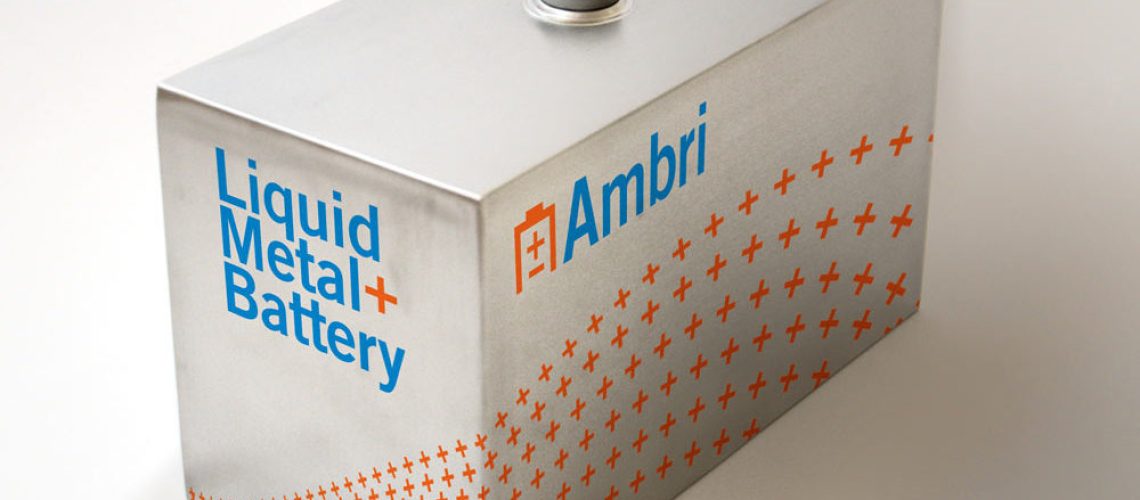Schneider Electric chosen to provide a constant, renewable backup energy source for Microsoft’s data centers.
Microsoft, a specialist in cloud-based services, chose Schneider Electric to provide its uninterruptible power supply (UPS) to power the Microsoft datacenter equipment. The system is part of Microsoft’s plan to use 100% renewable power and replace diesel backup generators by 2030. The plan is a multi-phase program that enables Microsoft to reduce the need for diesel generation, allows for constant renewable power from any source, and provides access to ancillary services markets.
“Enhancing energy storage capabilities, including implementing long duration battery solutions for datacenters, is critically important to our mission. With this partnership, we are strengthening our commitment to sustainability and taking another step in our work to support the grid with ancillary services and shifting.” adds Ehsan Nasr, senior design researcher at Microsoft.
At the heart of the system is a planned long-duration energy storage solution from Ambri, a company that was spun out of MIT. Last year the company announced $144 million in funding last year to advance its calcium-antimony liquid metal battery chemistry. Headquartered in Massachusetts, Ambri recently received certification for UL 1973 for its liquid metal battery.
Ambri’s liquid metal battery is comprised of a liquid calcium alloy anode, a molten salt electrolyte, and a cathode comprised of solid particles of antimony, enabling the use of low-cost materials and a low number of steps in the cell assembly process.
The battery is designed to meet the demands of large industrial energy customers such as data centers. It is actively being integrated with TerraScale’s Energos Reno data center project. The 250 MWh battery will be bolstered by 500 MW of on-site renewable generation.
The company said the electrolyte is thermodynamically stable with the electrodes, avoiding side reactions such as film-formation that can lead to performance degradation. The negative electrode is fully consumed when discharged, and reformed on every cycle, resulting in what the company said is a “highly repeatable process with no memory effect.” Ambri said the battery has a lifespan of 20-plus years with minimal fade, and says the systems do not produce or emit any gases, and there is no possibility for thermal runaway.
“Ambri’s batteries will help improve Microsoft’s datacenter operations while delivering important environmental and commercial benefits. With the commissioning of this project, Ambri is demonstrating how advanced, sustainable, and versatile our technology truly is. We look forward to continuing our partnership with Microsoft as we help them to reach their sustainability goals,” said Adam Briggs, chief commercial officer at Ambri.
This project with Microsoft is the latest milestone in Ambri’s progress toward commercialization. The company recently announced its new facility in Milford, Mass., which more than triples the size of Ambri’s current manufacturing footprint and allows for a production capacity of 200,000 battery cells per year that will be ready for installation starting in 2023. The new facility is expected to support up to 200 jobs and is estimated to be at full volume production in 2024.



